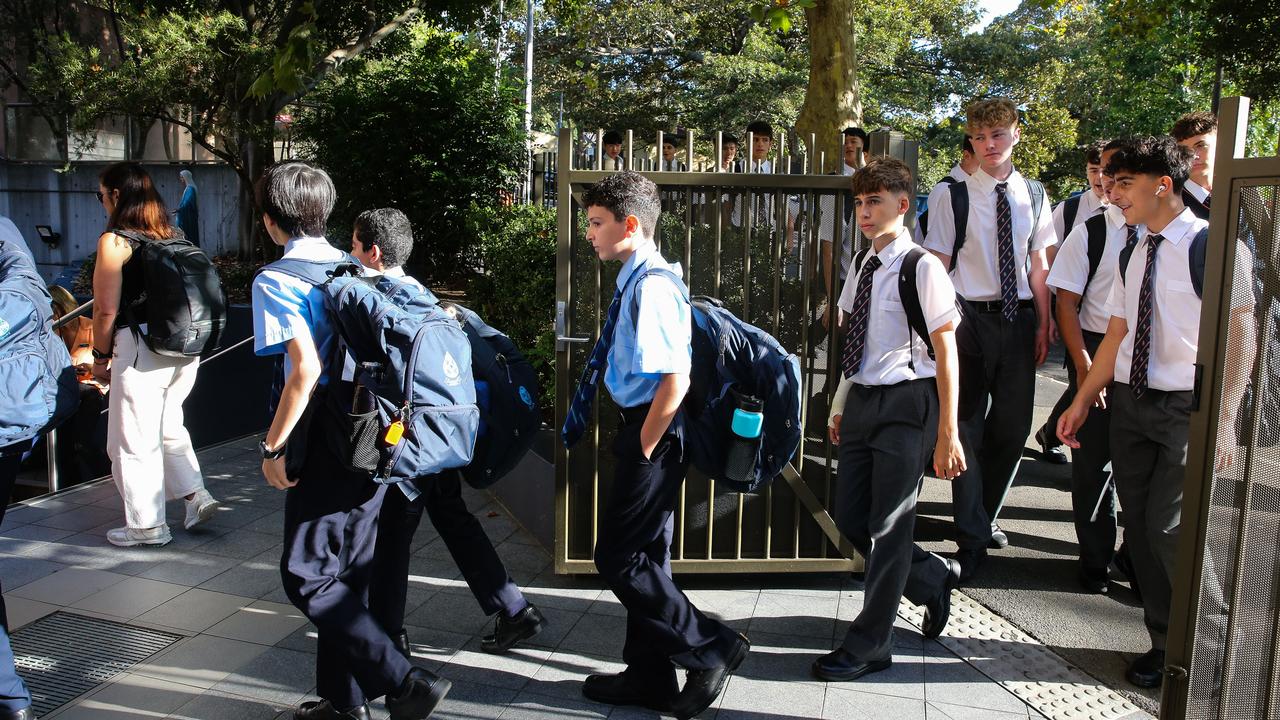Albanese hits back at Coalition attacks on Australia’s Red Sea response
The Prime Minister has knocked back attacks on his government's response to security issues in the Red Sea.
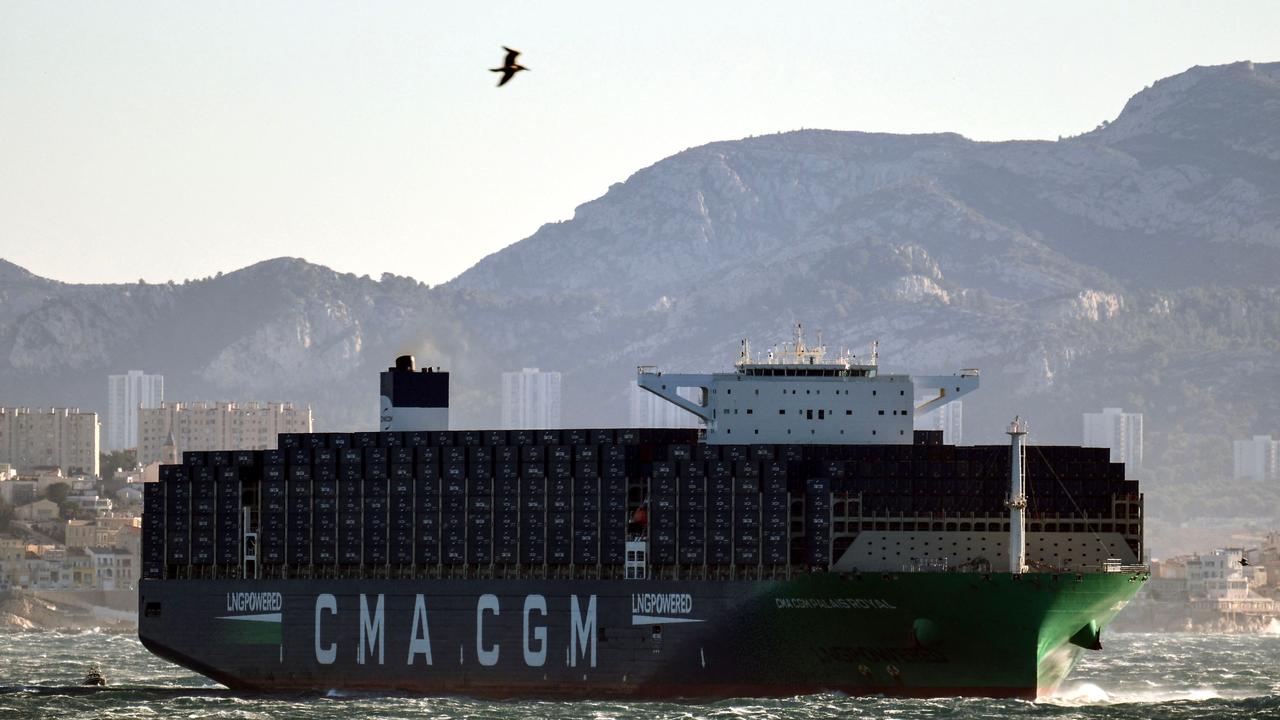
The Prime Minister has denied his government is dragging its feet on sending more military personnel to assist with escalating tensions in the Red Sea, after a US cargo ship in the region was struck by Yemen-based Houthi rebels.
In December, Australia rejected a US Navy request for support in the form of a warship, with the government instead opting to send 11 additional ADF personnel to the Combined Maritime Force Headquarters in Bahrain.
However, the additional personnel have still not arrived and will not support the US Central Command, which is co-ordinating strikes against the Houthi militants who have executed a string of attacks on commercial ships sailing past Yemen’s coastline.
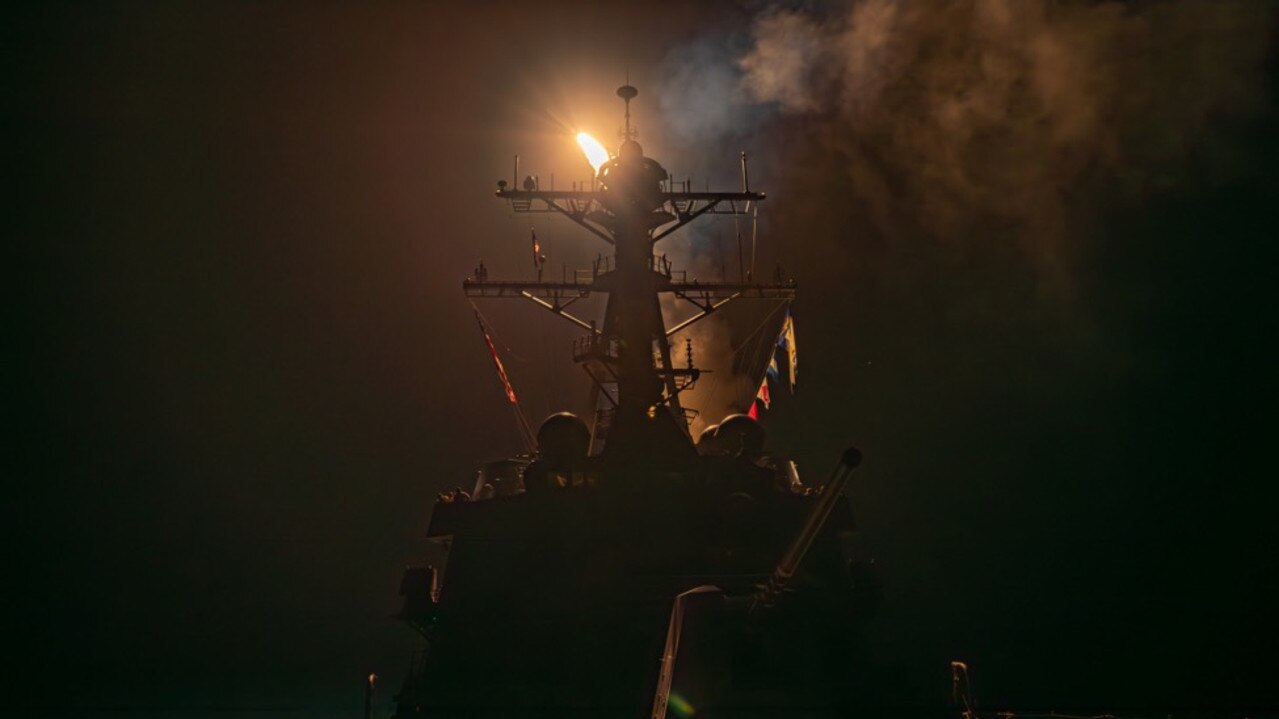
Asked on Tuesday about Australia’s role in supporting a US-led coalition in the region, Prime Minister Anthony Albanese said additional ADF personnel would arrive before the month’s end.
“The Defence Minister [Richard Marles] said there would be additional personnel there this month,” Mr Albanese told reporters in Sydney.
“It’s now 16 January, the personnel will be there this month as we promised,”
The Prime Minister’s comments follow US-led strikes, which on Thursday successfully targeted more than a dozen Houthi sites, including training bases, as well as radar, missile and drone capabilities in a bid to the attacks by the Iranian-backed militia.
Alongside the US and the UK, Australia played a “supporting”, non-operational role in assisting with the air strikes.
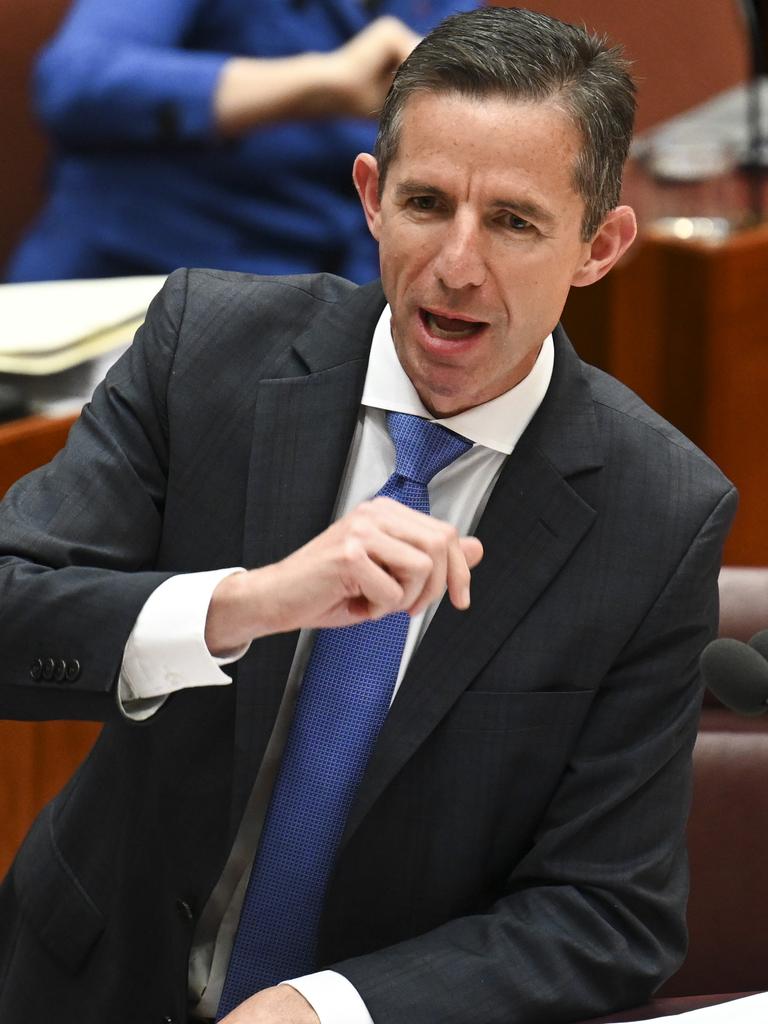
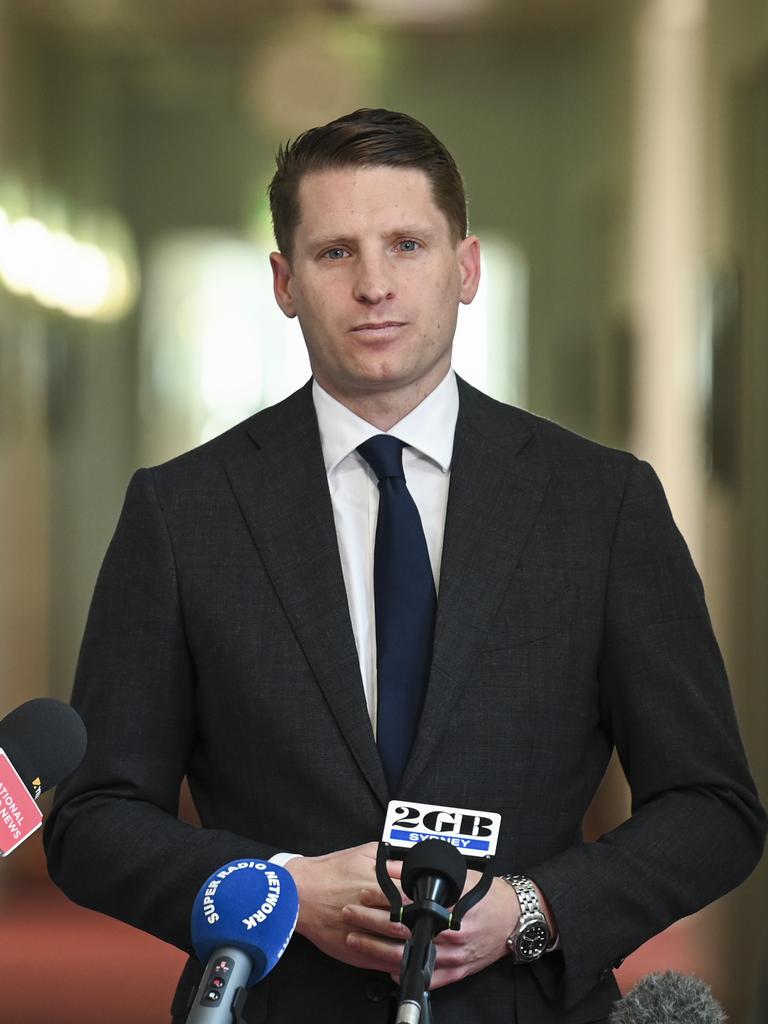
But in a joint statement, opposition foreign affairs spokesman Senator Simon Birmingham and defence spokesman Andrew Hastie said the government’s support in Thursday’s air strike, which has been limited to one to two staff officers assisting the US Central Command, was inadequate.
“This government is all feathers and no meat when it comes to national security,” the pair said.
“The Prime Minister and the Deputy Prime Minister have let us down again, taking credit for something that we had no involvement in.”
On Monday, in response to US-led strikes, the Houthis launched a retaliatory assault on US bulk carrier, the Gibraltar Eagle.
The vessel reported no injuries nor significant demand and continued to traverse the passage, the US Central Command – which oversees the country’s military operations in the region – said.
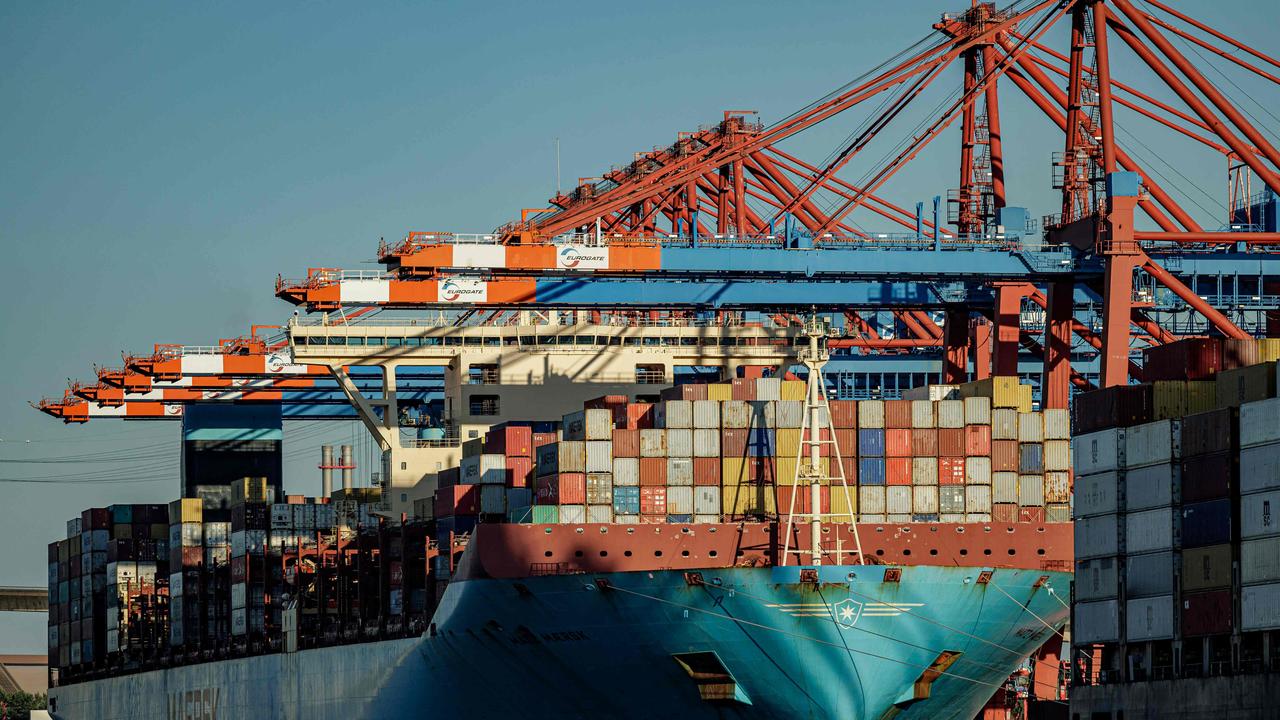
Overnight, Eagle Bulk Shipping, the Connecticut-based owner of the ship, confirmed its vessel, which had been sailing off Yemen’s coast, had been struck by an “unidentified projectile”.
“As a result of the impact, the vessel suffered limited damage to a cargo hold but is stable and is heading out of the area,” the company said in a statement.
“The vessel is carrying a cargo of steel products. Eagle Bulk management is in close contact with all relevant authorities concerning this matter.”
In an address televised on Monday evening, Houthi military spokesman Brigadier General Yahya Saree claimed responsibility for the attack.
“The Yemeni armed forces consider all American and British ships and warships participating in the aggression against our country as hostile targets,” he said.
Since the start of the war between Israel and Hamas, the Iranian-backed Houthi militia has severely disrupted maritime trade through the Red Sea, launching roughly 30 attacks on commercial vessels traversing passage.
As a result of the attacks, container volumes transiting through the region have plummeted as shipping companies — including Maersk and BP — have suspended travel via the route, instead opting to sail around The Cape of Good Hope, the southernmost tip of the African continent.
Locally, logistics analysts and industry representatives have raised concerns that the disruptions could result in higher prices for some goods imported from European markets, which face additional delays due to ongoing industrial action led by the Maritime Union against major stevedore operator DP World.





